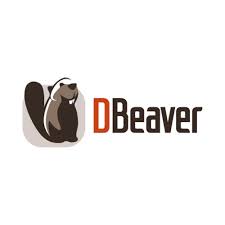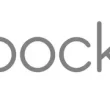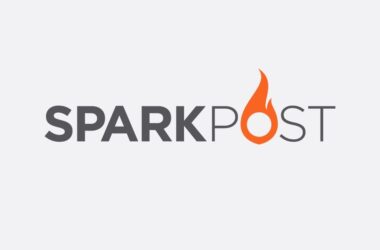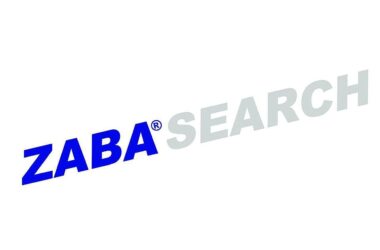In the ever-expanding landscape of database management tools, Dbeaver has etched a distinctive niche for itself. Its reputation as a reliable solution is underscored by a user-friendly interface that seamlessly integrates with various databases, making it a preferred choice for many. The robust features embedded within Dbeaver contribute to its widespread adoption, offering users an intuitive and efficient platform for their database management needs.
However, acknowledging the nuances of any tool, Dbeaver is not exempt from limitations. As we delve deeper into the intricacies of Dbeaver alternative, we’ll explore its standout features, identify potential drawbacks, and unravel the reasons why discerning users might be in search of a formidable dbeaver alternative to meet their evolving database management requirements.
Features and Limitations Of Dbeaver

In exploring the features and limitations of Dbeaver, users are immersed in a database management experience defined by an intuitive interface, multi-platform support, extensive database compatibility, and advanced data editing capabilities. However, it’s crucial to navigate the steeper learning curve and be mindful of resource-intensive operations, while also considering the tool’s limitations in terms of collaboration features for teams seeking real-time efficiency.
Features of Dbeaver
- Intuitive Interface: Dbeaver boasts a user-friendly interface that seamlessly integrates with various databases, providing users with an intuitive experience.
- Multi-Platform Support: It offers compatibility across different platforms, including Windows, macOS, and Linux, ensuring a consistent experience for users.
- Extensive Database Support: Dbeaver shines in its versatility, offering support for a wide array of databases such as MySQL, PostgreSQL, and more, catering to diverse datasets.
- Advanced Data Editing: Users appreciate Dbeaver for its robust data editing capabilities, providing advanced features for manipulating data with precision.
- Active Community: Dbeaver benefits from an active user community, with regular updates and continuous development ensuring its reliability and relevance in the database management landscape.
Limitations of Dbeaver
- Steeper Learning Curve: While Dbeaver’s interface is user-friendly, mastering all its features may pose a challenge for beginners, resulting in a steep learning curve.
- Resource Intensive: Dbeaver’s resource requirements may be a concern for users working with less powerful hardware, leading to potential performance issues during resource-intensive operations.
- Limited Collaboration Features: For teams collaborating on database projects, Dbeaver’s collaboration features may feel lacking, particularly in scenarios demanding real-time collaboration and teamwork.
- Lack of Native Query Building Tools: Dbeaver lacks native query building tools, which may require users to rely on external tools or plugins for complex query construction.
- Occasional Stability Issues: Some users have reported occasional stability issues with Dbeaver, particularly when handling large datasets or performing complex database operations.
What Sets Dbeaver Apart?
Dbeaver distinguishes itself in the crowded landscape of database management tools through a harmonious blend of user-friendly design and robust functionality. Its intuitive interface seamlessly integrates with various databases, providing users with a navigational ease that sets it apart. The tool’s multi-platform support ensures a consistent and flexible user experience across different operating systems, a feature that contributes to its widespread appeal. Dbeaver’s extensive database support, encompassing a diverse range of systems, further positions it as a versatile solution for managing different types of datasets.
Its advanced data editing capabilities add a layer of precision, catering to users who demand efficient manipulation of data. While embracing these strengths, Dbeaver also acknowledges its limitations, recognizing the need for users to navigate a steeper learning curve and the potential resource intensity for those with less powerful hardware. Despite these challenges, Dbeaver remains a stalwart choice, offering a stable performance foundation for database management tasks.
The Quest for Alternatives: Why Look for a dbeaver Alternative?
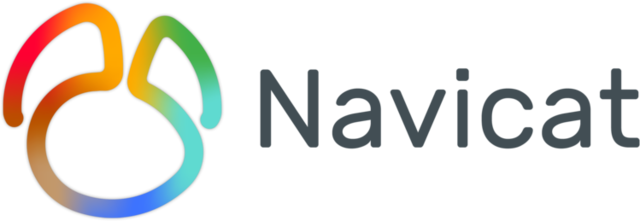
Embarking on the quest for dbeaver alternative is not merely a pursuit of novelty but a strategic exploration driven by the evolving nature of project requirements, the need to align with individual user preferences and workflows, the ever-changing landscape of technological advancements, and the imperative to ensure scalability for future growth.
1. Evolving Project Requirements
In the dynamic realm of project development, the requirements for database management tools can undergo significant transformations. Dbeaver, while versatile, might not always align perfectly with the evolving needs of a project. This could include the demand for specific functionalities, integrations with emerging technologies, or tailored features that cater to the unique aspects of a particular project.
2. User Preferences and Workflows
Database administrators and developers often have distinct preferences and established workflows when it comes to managing databases. The quest for an dbeaver alternative may stem from a desire to find a tool that seamlessly integrates with their preferred methods, providing an intuitive and efficient experience that complements their individual or team-specific workflows.
3. Technological Advancements
The landscape of database management is marked by continuous technological advancements. Users may seek dbeaver alternative to ensure they are leveraging the latest innovations, industry standards, and integrations. This proactive approach allows them to stay at the forefront of technological capabilities, enhancing their ability to address complex challenges and capitalize on new opportunities.
4. Scaling for Future Growth
Businesses and projects often experience growth, leading to increased data complexities and larger datasets. The scalability and adaptability of a database management tool become critical in such scenarios. Users may embark on the quest for an dbeaver alternative to find a solution that not only meets their current needs but can seamlessly scale alongside the expanding scope and intricacies of their database-related tasks. This forward-looking approach ensures that the chosen tool remains robust and effective as the organization or project continues to grow.
Commonly Used dbeaver For Database Management
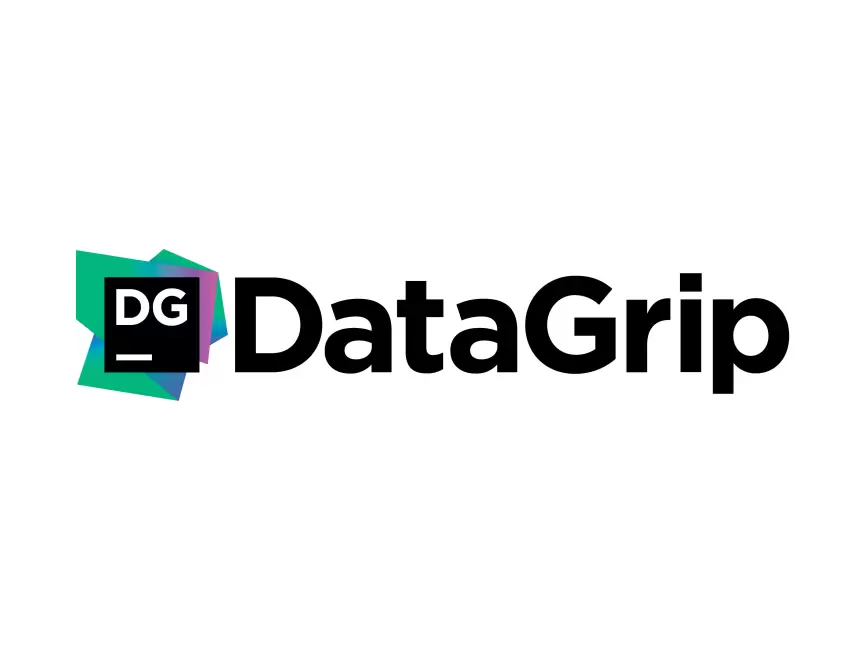
In the vast ecosystem of database management, several dbeaver alternative stand out, each offering a unique set of features and functionalities tailored to different user needs. Let’s delve into the intricacies of these commonly used dbeaver alternative, shedding light on what sets them apart in the competitive landscape of database tools.
1. DataGrip
DataGrip, a creation of JetBrains, establishes itself as a powerhouse in the database management arena. Boasting an Intelligent Development Environment (IDE), DataGrip offers advanced code completion and navigation tools tailored for various database systems. Its intuitive design and robust SQL analysis make it a go-to choice for developers seeking a comprehensive solution that seamlessly integrates with different databases, ensuring efficient and error-free coding experiences.
2. MySQL
As a stalwart in the realm of relational database management systems, MySQL stands the test of time with its exceptional speed and reliability. Open-source in nature, MySQL has garnered widespread popularity, supported by a robust community. Its ability to handle large datasets with ease, coupled with a flexible structure, positions it as a fundamental choice for projects of diverse scales and complexities.
3. DbVisualizer
DbVisualizer emerges as a platform-independent dbeaver alternative, offering an intuitive interface for visualizing and interacting with data. Supporting a wide range of databases, DbVisualizer excels in providing a holistic view of the database structure and content. Its focus on user-friendly features, coupled with advanced tools for SQL development, positions it as a compelling choice for users seeking a versatile database management solution.
4. Beekeeper Studio
Beekeeper Studio caters to both novice and experienced database administrators with its simplicity and advanced functionalities. The tool’s user-friendly interface conceals powerful features, making it accessible for beginners while offering the depth required by seasoned professionals. Beekeeper Studio ensures a seamless and enjoyable database management experience, emphasizing efficiency without compromising on essential capabilities.
5. Navicat
Navicat emerges as a comprehensive database management tool with a user-friendly approach. Its cross-platform compatibility, coupled with advanced data manipulation capabilities, positions it as a strong contender. Navicat’s focus on providing a seamless experience for developers, database administrators, and data analysts makes it a versatile choice for projects demanding efficiency and precision in data management.
6. Oracle Database
Renowned for its reliability and scalability, Oracle Database has entrenched itself as a preferred choice for enterprise-level applications. Leveraging advanced features for data security, performance optimization, and scalability, Oracle Database caters to the intricate demands of large organizations and complex data management scenarios.
7. Microsoft SQL Server
Microsoft SQL Server stands as a robust relational database management system integrated seamlessly into Microsoft’s ecosystem. Offering powerful data analysis and reporting capabilities, it provides a comprehensive solution for businesses relying on Microsoft technologies. SQL Server’s reliability and compatibility make it a preferred choice for diverse business needs.
8. HeidiSQL
HeidiSQL distinguishes itself with its lightweight yet feature-rich design. Open-source in nature, it offers essential tools such as syntax highlighting and table editing, providing developers with an efficient and straightforward solution. HeidiSQL’s focus on simplicity and user-friendly features makes it an appealing choice for those who prioritize ease of use without sacrificing functionality.
9. Toad
Developed by Quest Software, Toad offers a comprehensive suite of database management tools. With a strong emphasis on automation and optimization, Toad caters to the efficiency-seeking database administrators. Its robust features include database development, data modeling, and performance tuning, making it a preferred choice for those seeking a holistic solution for their database management tasks.
10. SQLGate
SQLGate stands out for its emphasis on simplicity and efficiency in database management. With an intuitive interface and robust query execution capabilities, SQLGate caters to both novice users and seasoned professionals. Its focus on streamlining the user experience makes it an intriguing dbeaver alternative for those seeking a straightforward yet powerful solution for their database-related tasks.
Factors To Consider While Choosing The Perfect dbeaver Alternative
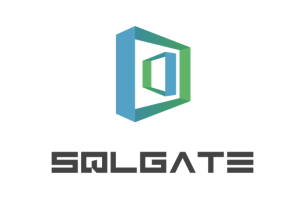
In navigating the complex landscape of database management tools and determining the ideal dbeaver alternative , a strategic approach involves meticulous consideration of various factors, including compatibility with project requirements, the learning curve associated with the alternative, performance and resource utilization, collaboration features for efficient teamwork, and the robustness of community support and updates. This comprehensive evaluation ensures that the chosen dbeaver alternative not only meets the immediate needs of the project but also aligns with long-term goals, facilitating a seamless transition and enhancing overall efficiency in database management tasks.
1. Compatibility with Project Requirements
Before making the pivotal decision to switch to an dbeaver alternative, it’s imperative to meticulously assess the compatibility of the prospective tool with the specific requirements of your project. Dive into the intricate details of your project’s unique demands, ensuring that the dbeaver alternative seamlessly integrates with your existing technology stack. From database system compatibility to specific feature requirements, a thorough evaluation is crucial to guarantee a harmonious fit.
2. Learning Curve
Delving into a new database management tool necessitates a consideration of the learning curve associated with the dbeaver alternative. Opt for a tool that aligns with the expertise of your team, minimizing the time required for onboarding. Balancing advanced functionalities with a user-friendly interface is essential, ensuring that the learning process is both efficient and productive for your team members.
3. Performance and Resource Utilization
An in-depth evaluation of the performance and resource utilization of the dbeaver alternative is paramount. Assess how well the tool optimizes performance, particularly when dealing with resource-intensive operations. A tool that strikes a delicate balance, offering efficient performance without unduly burdening system resources, contributes significantly to an enhanced user experience and operational efficiency.
4. Collaboration Features
For teams working collaboratively on database projects, robust collaboration features are non-negotiable. Evaluate how well the dbeaver alternative facilitates real-time collaboration, version control, and seamless teamwork. Features such as shared editing, collaborative query building, and effective communication tools within the database management tool become pivotal in ensuring a smooth workflow for teams working on intricate database projects.
5. Community Support and Updates
The longevity and reliability of a database management tool are closely tied to the strength of its community support and the frequency of updates. Prioritize dbeaver alternatives that boast a thriving and engaged user community, as this not only ensures a wealth of shared knowledge but also signals ongoing development and support. Regular updates, bug fixes, and feature enhancements contribute to the vitality of the tool, providing users with confidence in its long-term viability.
Conclusion
In the ever-expanding landscape of database management tools, the search for the perfect alternative to dbeaver is an ongoing quest. Each dbeaver alternative comes with its own set of strengths and features, catering to the diverse needs of users. By considering factors such as compatibility, learning curve, performance, collaboration features, and community support, you can navigate the plethora of alternatives and find the perfect fit for your database management endeavors.




